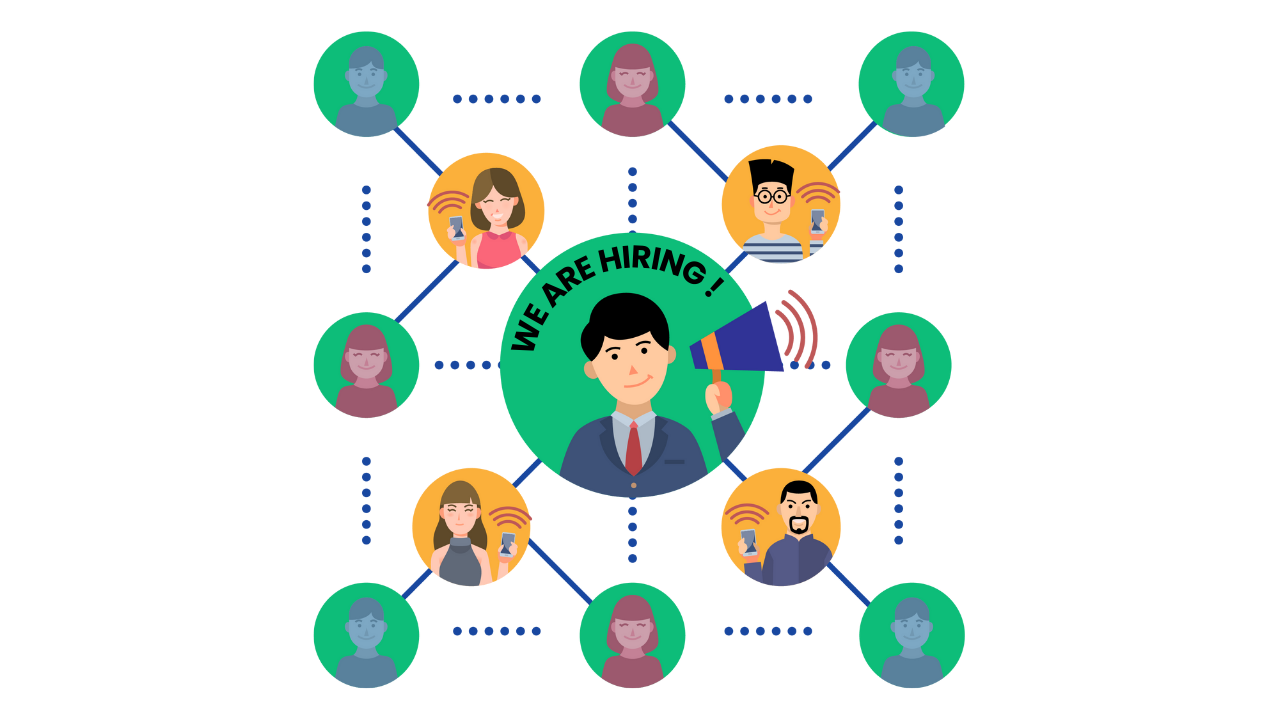


Employee engagement strategies are essential for creating a motivated and high-performing workforce. By fostering a culture where employees feel valued, heard, and connected to organizational goals, businesses can significantly improve productivity and morale. Effective strategies focus on meaningful communication, recognition, and opportunities for professional growth. When organizations prioritize employee engagement, they reduce turnover and build a loyal, committed workforce.
Implementing employee engagement strategies helps businesses maintain a positive work environment. From regular feedback sessions to flexible work policies, companies can adopt practices that address employees' evolving needs. Engaged employees are not only more productive but also contribute to a healthier workplace culture. These strategies bridge the gap between individual goals and organizational success, ensuring long-term growth.
Developing impactful employee engagement strategies starts with understanding employees' expectations. Companies must implement initiatives that encourage collaboration, communication, and work-life balance.
Employee engagement strategies ensure a motivated, aligned, and high-performing workforce. Organizations that focus on engagement drive innovation and maintain a competitive edge.
Read more about 🔗Work-Life Balance
Employee engagement strategies are actionable plans that businesses use to motivate employees, increase job satisfaction, and enhance overall performance.
Employee engagement strategies play a critical role in boosting productivity, reducing turnover, and building a positive workplace culture.
Companies can implement employee engagement strategies through regular feedback, recognition programs, training opportunities, and flexible work arrangements.
The key benefits include improved morale, higher retention rates, enhanced productivity, and better alignment with organizational goals.
Strong employee engagement strategies create a collaborative, supportive, and inclusive work environment where employees feel valued and motivated.

Organizations operating in distributed, high-volume, or high-variability environments, such as HR shared services...

As the digital landscape evolves, data-powered organizations are gaining a competitive edge. Data has become the new currency...

The world of work is evolving at an unprecedented pace, and outplacement and workforce transition consulting...

The workplace is rapidly evolving at an unprecedented pace. As organizations navigate a landscape increasingly influenced by artificial intelligence...

Artificial Intelligence (AI) isn’t just some sci-fi fantasy anymore—it’s really changing the way companies work today...

In today’s fast-paced business world, People Analytics is reshaping the way organizations attract, engage, and retain talent...